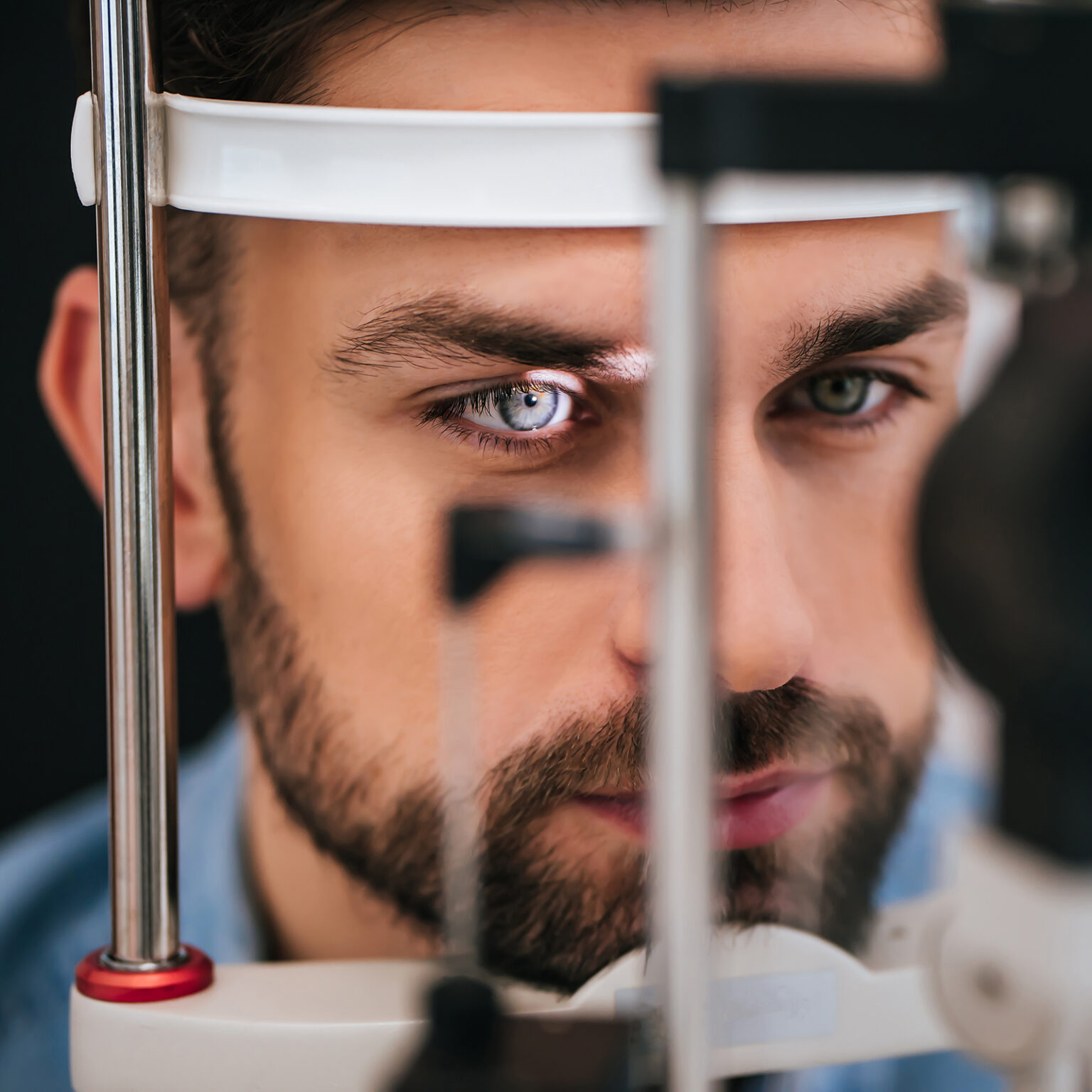Patient Education / Importance of Routine Eye Exams

Routine eye exams are an important aspect of maintaining one’s overall health. As with an annual physical or dental exam, it is extremely important to have your eyes examined regularly. Regardless of how great your eyesight is, scheduling regular eye exams is a great way to stay on top of your overall health.
Adults should have an eye exam every 1-2 years, depending on any existing vision problems, eye conditions or being diagnosed with significant risk factors, such as diabetes, high blood pressure, thyroid disease, previous eye injuries or family history. The doctor will recommend a frequency for routine follow-up exams based on the patient’s medical history. For instance, a diabetic patient will need a dilated eye exam every year while contact lens wearers need exams every year in order to look for changes that might affect lens fit and eye health.
Regular eye exams will also ensure that prescriptions for glasses or contact lenses are current as well as offer an opportunity to check for early signs of certain diseases. Adults older than 60 should have an eye exam each year, as age-related eye problems are more common.
It may be important to see a doctor more frequently if one is experiencing any of the following:
Why Should You Have Regular Eye Exams?
While eye exams are important for one’s vision, routine eye exams can also help to identify a variety of problems ranging from cognitive decline to diabetes. Since the eye is an extension of the brain and the only part of the body where blood vessels and tissue are visible, it allows an eye doctor to detect warning signs of the early stages of different health problems, such as diabetes which can present as bleeding in the eye or swelling in parts of the retina.
Besides diabetes, there are several other health problems that may be detected during a routine eye exam such as brain tumors that may cause swelling of the optic nerve and rheumatoid arthritis or other autoimmune disorders which may be the reason behind dry eyes.
Skin cancer on the eyelid is another health risk as the eyelid is very sensitive to ultraviolet rays and may be one of the first places affected by different types of skin cancers. Any spots or affected areas may be detected before skin cancer can spread to other parts of the body.
Addition, high blood pressure which would show as blood vessels in the back of the eye appearing bent or leaking, the narrowing of the vessels in the retina, swelling of the optic nerve, and hypertensive retinopathy in its earliest stages can be looked for during the exam.
There are also some progressive eye diseases that are not immediately apparent and should be tested for during regular eye examinations including:
Vision changes can have a profound effect on a person’s day-to-day life, but early treatments can help to slow or stop vision loss and regular eye exams can help ensure a lifetime of clear sight